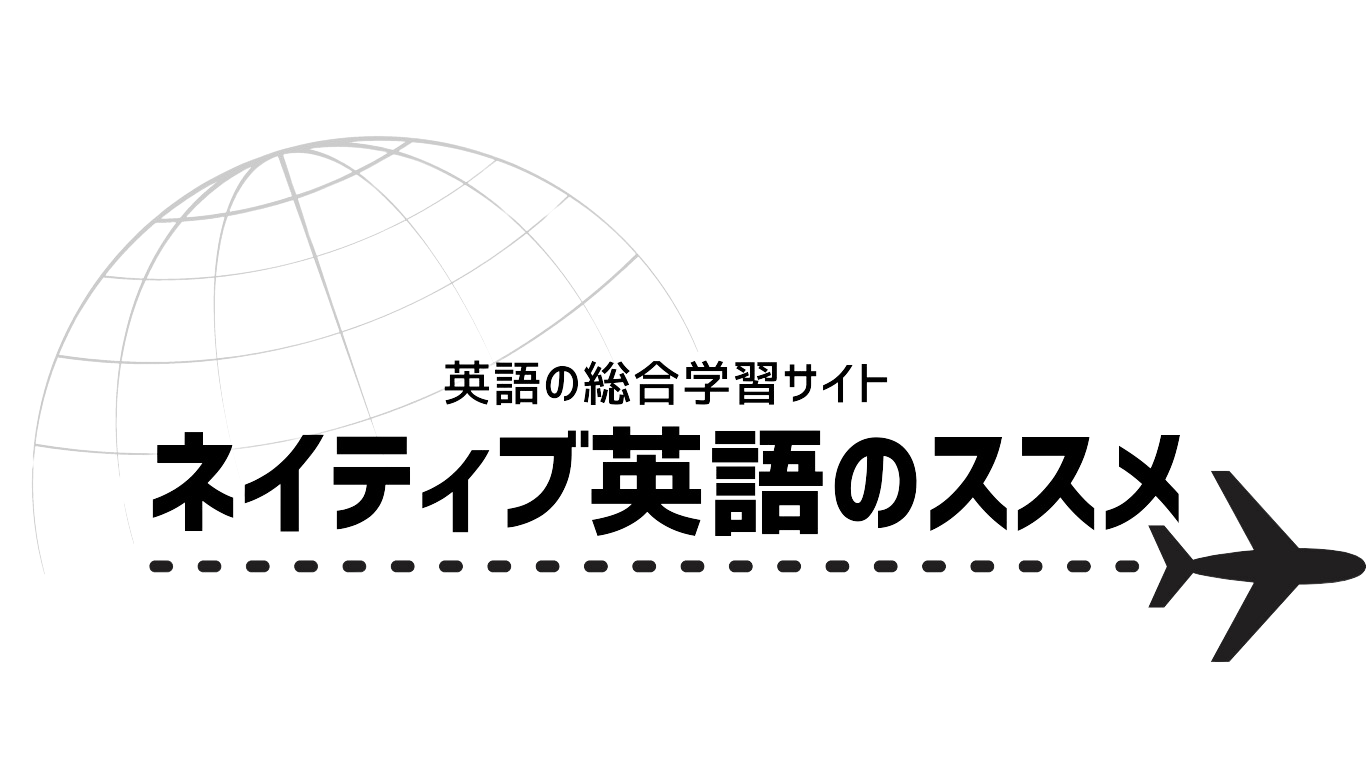無料動画講座|通訳者が教える「英語の組み立て方」全4本公開中
独り同時通訳:お互いの自己紹介

Question
A: ①こんにちは、私はユカです。 名前は何ですか?
B: ②私の名前はサムです。どこに住んでいますか?
A: ③佐藤さんの隣に住んでいます。(あなたは)練馬に住んでいますか?
B: ④いいえ、私は板橋に住んでいます。ですが私は兄弟と住んでいます。
A: ⑤あなたは何歳ですか?私の妹と同じ年かもしれません。
B: ⑥私は24歳です。あなたの妹は何歳ですか?
A: ⑦23歳です。あなたより年下です。
B: ⑧なるほど。ところで、私の誕生日は明後日の金曜日なんです。その日にパーティーを開くつもりです。よかったら来ませんか?
A: ⑨はい、行きたいです。招待してくれてありがとうございます。
Answer
A: ①Hello, I am Yuka. What is your name?
B: ②My name is Sam. Where do you live?
A: ③(I live) next door to Mr. Sato. Do you live in Nerima?
B: ④No, I live in Itabashi. But, I live with my brother.
A: ⑤How old are you? You may be the same age as my younger sister.
B: ⑥I am twenty four (years old). How old is your sister?
A: ⑦Twenty three. She is younger than you (are).
B: ⑧I see. By the way, my birthday is the day after tomorrow, on Friday. I am going to have a party on that day. Would you like to come?
A: ⑨Yes, I would like to come. Thank you for inviting me.
Notes
③ 「~の隣」は、next door to~となります。
⑤ 「~は何歳ですか?」は、How old+be動詞+主語?の語順で表します。mayは「~かもしれない」という弱い推測を表す助動詞です。助動詞のあとには動詞の原型がくることも忘れないでください。「~と同じ歳」はbe the same age as~で表します。
⑥「~歳」と言うときは、years oldを省略することもできます。これは、会話でよく起こります。
⑦younger than~は優劣比較級です。youngを比較級にするにはうしろにerをつけます。thanは、「~と比べて」という意味の接続詞です。
⑧「なるほど」はI seeで表せます。「ところで」はby the wayです。「よかったらきませんか?」という日本語は、英語でも丁寧に表現してWould you like to+動詞の原型?を使いましょう。これで、「~しませんか?」という意味です。
⑨ Thank you for inviting meのinvitingは動名詞であり、前置詞forのあとに持ってくることができます。
